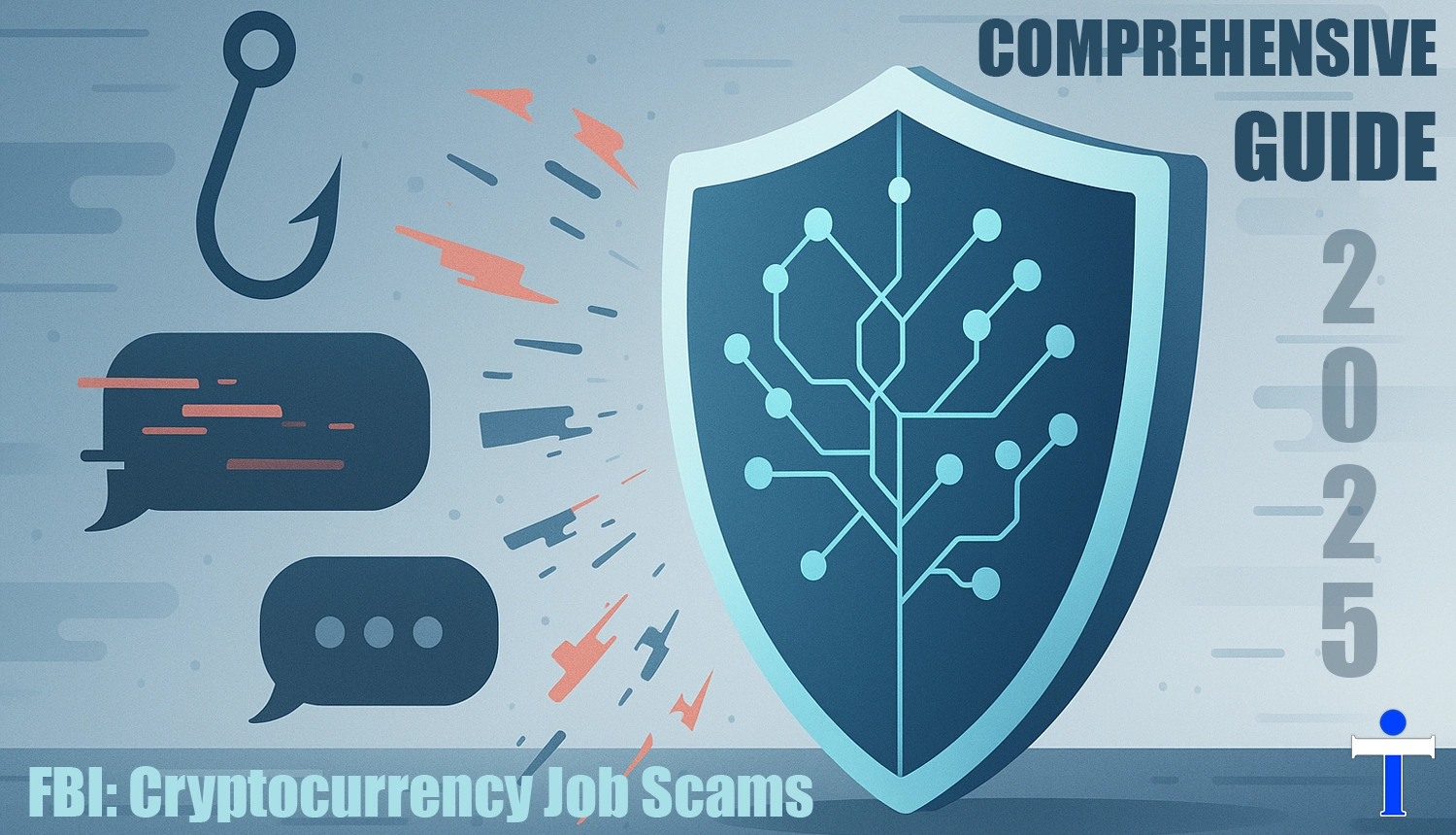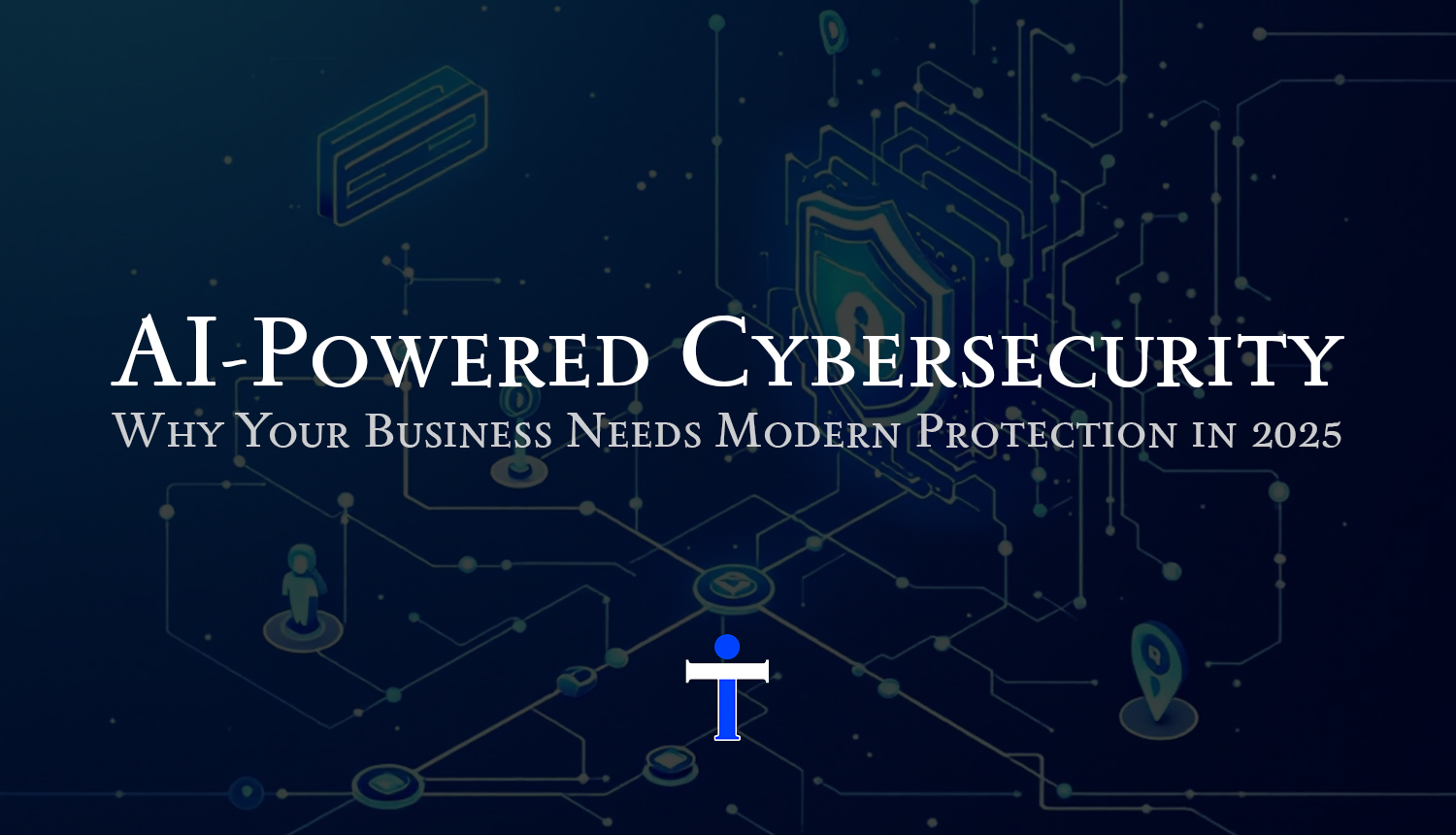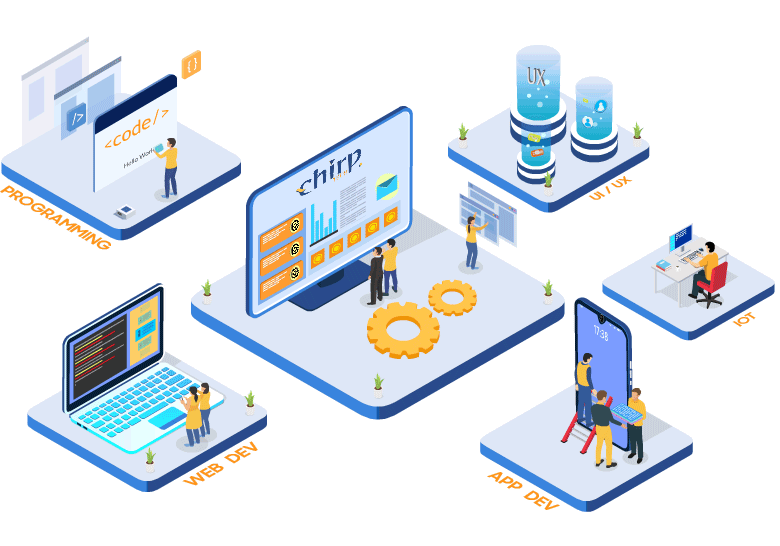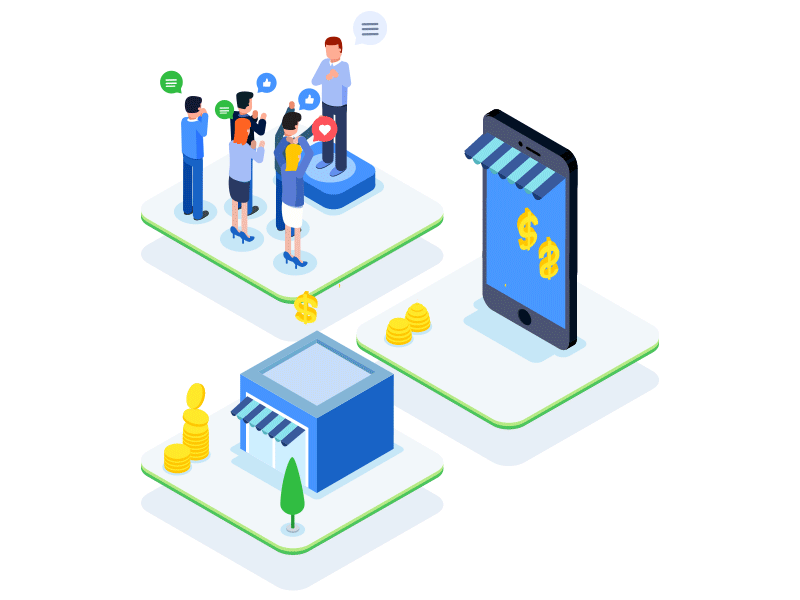The Alarming Rise of Online Scams
The statistics are staggering. According to the Federal Trade Commission (FTC), reported losses to job scams more than tripled from 2020 to 2023, and in just the first half of 2024, topped $220 million. These numbers likely represent only a fraction of actual losses, as many frauds go unreported.
Particularly concerning is the explosion of "task scams," which have soared from nearly non-existent in 2020 to about 20,000 reports in just the first half of 2024.
Cryptocurrency-based scams have become particularly lucrative for criminals. In Maryland alone, reported losses from employment scams involving cryptocurrency went from $32,033 in 2023 to a staggering $3.8 million between January and October 2024—approximately $15,000 to $20,000 per victim.
How Modern Scams Work
Cryptocurrency Job Scams
The FBI describes a common pattern with cryptocurrency job scams. They typically begin when scammers pose as employees of legitimate companies, recruiting victims for seemingly legitimate work-from-home positions. After expressing interest, victims receive online "training" and begin performing a series of tasks to earn a supposed salary and commission.
The critical element of these scams is that they require victims to deposit their own money—via cryptocurrency or money transfers—into a platform to complete assigned tasks. Initially, victims may even be allowed to withdraw earnings, building trust in the system.
Over time, victims are asked to deposit increasingly larger amounts with promises of greater returns. Eventually, they're hit with an extremely large deposit requirement that they cannot fulfill, causing their account to be frozen and losing access to all previously invested funds.
Task Scams: The New Frontier
Task scams often start with innocuous text or WhatsApp messages about online work involving simple, repetitive activities for "product boosting" or "app optimization." The initial contact lacks specifics but promises easy money.
Victims are directed to an online platform where they may receive small payouts initially, making the scam appear credible. Then comes the pivot—victims are asked to deposit their own money to complete the next set of tasks, with promises of larger returns.
If victims hesitate, scammers often invite them to group chats where they hear supposed success stories from "experienced workers" (who are actually fake). This social proof tactic can be remarkably effective at breaking down resistance.
The AI Enhancement
Scammers are leveraging technologies like deepfakes to create convincing videos of executives or public figures appearing to endorse investment opportunities. One Chainabuse user reported losing funds to a deepfake Elon Musk giveaway scam that received at least $5 million from victims between March 2024 and January 2025.
Live deepfakes—where someone overlays another person's face on their own during a video call—have added a new layer of sophistication. In February 2024, a multinational company in Hong Kong lost millions after an employee had a video call with scammers impersonating company executives using this technology.
Red Flags to Watch For
Based on my personal experience and the FBI's guidance, here are critical warning signs that should immediately raise your suspicion:
Job-Related Red Flags
- Unsolicited job offers via text, WhatsApp, or social media
- Requests to switch communication to private messaging apps like WhatsApp or Telegram
- Vague job descriptions focused on "tasks," "product boosting," or "app optimization"
- No formal interview process or professional reference checks
- Jobs that involve rating or "liking" things online (this is actually illegal)
- Requirements to deposit your own money to "unlock" work or earn commissions
- Inability to find the company through a Google search
- No direct phone communication with official company representatives
- Pay structures that seem confusing or unusually generous
Payment Red Flags
- Being asked to make deposits in cryptocurrency
- Promises that small initial deposits will yield much larger returns
- Requirements to make increasingly larger deposits to "advance"
- Warnings not to tell exchanges or banks about what you're doing
- Threats that your account will be frozen unless you make additional deposits
- Encouragement to take out loans or ask friends/family for help with deposits
My Personal Nightmare
A few years ago, I came across what seemed like a legitimate opportunity through a professional-looking website. The company had what appeared to be a complete online presence, convincing testimonials, and a straightforward business model. After some initial small tasks and payments that went smoothly, I was encouraged to invest more substantially for greater returns. At that time I was busy building many businesses and quickly fell dormant to the opportunity. I didn't conduct any business with them for almost 18 months until August 2024 when I was approached by the company (or so it seemed)...
The communication was prompt and professional. The platform showed my investments growing steadily. Everything seemed legitimate until suddenly, my account was frozen due to a "security concern." To unlock it, I needed to make a significant additional deposit. When I hesitated, I was connected with supposed senior management and "other successful users" who reassured me.
Ultimately, I invested over $30,000 before realizing I'd been scammed. Despite filing a report with the FBI over six months ago, I haven't recovered a penny. The psychological impact was perhaps even worse than the financial loss—the shame and embarrassment of being deceived despite my technical expertise was devastating.
How to Protect Yourself
Basic Cybersecurity Practices
The Cybersecurity and Infrastructure Security Agency (CISA) recommends these fundamental practices that everyone should implement:
- Use strong passwords: Create passwords that are at least 16 characters long with a mix of numbers, symbols, capital and lowercase letters. Never reuse passwords across accounts.
- Enable multi-factor authentication (MFA): This adds an extra layer of security beyond just passwords, making you significantly less likely to be hacked.
- Update your software: Regularly update all software and enable automatic updates when possible to protect against known vulnerabilities.
- Recognize and report phishing: Be suspicious of alarming messages or offers that seem too good to be true. Never click links in suspicious emails or provide personal information in response to unsolicited requests.
- Think before you click: More than 90% of successful cyber-attacks start with a phishing email. Verify the source before clicking any links or downloading attachments.
Job and Investment Safety
When considering online job opportunities or investments:
- Verify company legitimacy: Research thoroughly beyond just the website they provide. Check reviews, business registrations, and try to contact the company through officially listed channels (not just the ones provided to you).
- Never pay to get paid: Legitimate jobs don't require you to deposit money to earn money. No exceptions.
- Conduct video interviews carefully: With the rise of deepfakes, ask specific questions about the company that aren't easily found online. AI systems struggle with real-time, context-specific information.
- Be wary of cryptocurrency requests: While cryptocurrency is legitimate, its irreversible nature makes it the preferred payment method for scammers. Be extremely cautious of any job or investment requiring cryptocurrency transfers.
- Limit personal information online: Scammers use details from your social media to create targeted scams. Be mindful of what you share publicly.
What To Do If You've Been Scammed
Act Quickly!
If you suspect you're being scammed or have already fallen victim, take these steps immediately:
- Stop sending money immediately: Cut off all financial transactions at the first sign of suspicion.
- Document everything: Save all communications, transaction details, website URLs, and any other evidence.
- Report to authorities: File a report with the FBI's Internet Crime Complaint Center (IC3) at ic3.gov. Include cryptocurrency addresses, transaction IDs, dates/times, and communication records.
- Be wary of recovery scams: After being victimized, you may be approached by someone claiming they can recover your funds—this is often another scam.
- Report to financial institutions: Contact your bank, credit card company, or cryptocurrency exchange to report fraudulent transactions.
The NIST Cybersecurity Framework
For business owners or those looking for a more structured approach to cybersecurity, the National Institute of Standards and Technology (NIST) Cybersecurity Framework provides an excellent roadmap through these five components:
- Make an inventory of all equipment, software, and data you use.
- Create a comprehensive cybersecurity policy for your organization.
- Control network access.
- Use security software and encryption.
- Backup data regularly.
- Update software.
- Train everyone who uses your systems.
- Monitor for unauthorized access or unusual activities.
- Check networks for unauthorized connections.
- Have a plan for notifying affected parties.
- Know how to maintain business operations.
- Report attacks to law enforcement.
- Investigate and contain breaches.
- Repair and restore affected systems.
- Keep stakeholders informed of recovery activities.
Looking to the Future
As AI continues to evolve, we can expect scams to become even more sophisticated. Microsoft reports having thwarted $4 billion in fraud attempts and approximately 1.6 million bot signup attempts per hour over the past year. These numbers reflect the industrial scale at which scammers now operate.
The rise of "pig butchering" scams—which combine romance and investment fraud—grew nearly 40% year over year in 2024.
To stay protected, we must remain vigilant and adapt our security practices constantly. Tools like AI-powered fraud detection are being developed to combat these threats, but personal awareness remains our best defense.
Conclusion: Staying One Step Ahead
The painful lesson I learned through my $30,000 loss is that skepticism is healthy in the digital world. Trust should be earned, not freely given—especially when money is involved.
Remember:
- If an opportunity seems too good to be true, it probably is.
- Legitimate employers never ask you to deposit your own money to perform tasks.
- Always verify companies and offers through multiple independent sources.
- Keep your digital security practices up to date.
- Share this information with friends and family—awareness is our collective defense.
At CravenIT Solutions, we've always been committed to helping our clients navigate technology safely. My personal experience has only strengthened that commitment. By sharing my story and this guide, I hope to prevent others from experiencing similar losses.
If you've been victimized, please know you're not alone. Even tech experts can be deceived by today's sophisticated scams. The most important thing is to report your experience and help others learn from it.
For more information or to report a scam, visit the FBI's Internet Crime Complaint Center:
Visit ic3.govTogether, we can build a safer online community through education, vigilance, and shared experience.
@FBI Cryptocurrency Job Scams@FBI National Crimes and Victim Resources














